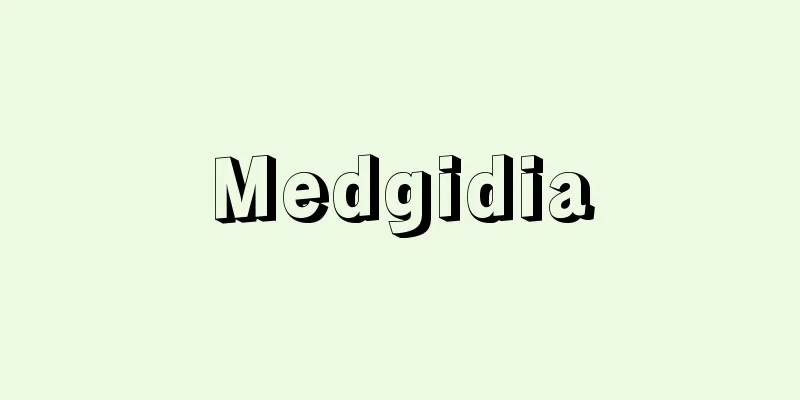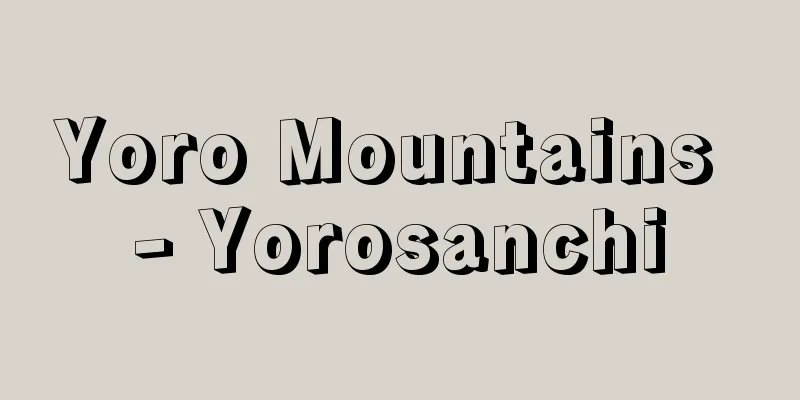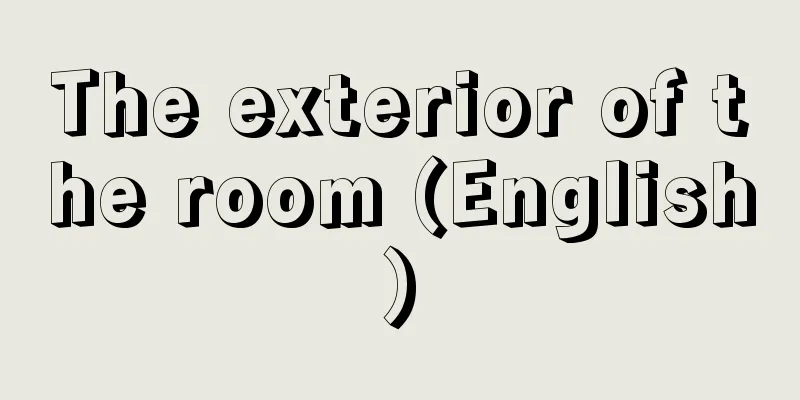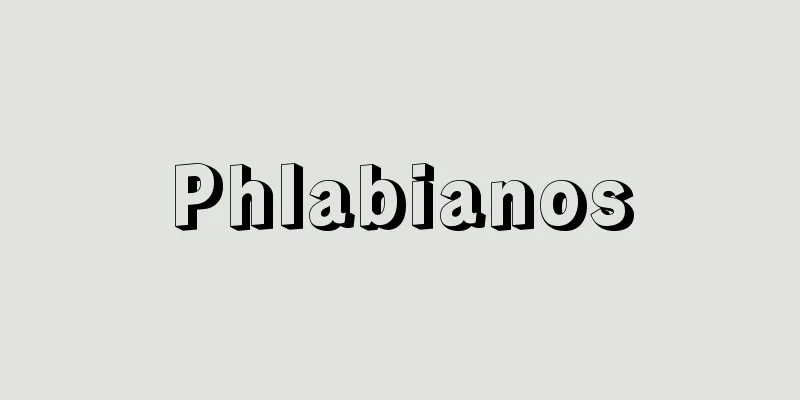Mental retardation
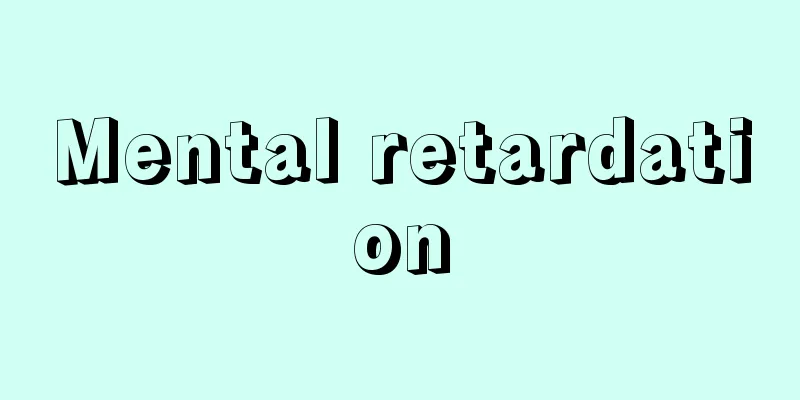
What is the disease?Mental retardation is a term used to describe a condition in which intellectual function is generally below average and people have difficulty adapting to their environment. Some kind of assistance or care is required in daily life. What is the cause? The cause of most cases is unknown. There are various suspected causes, including: How symptoms manifestGenerally, children with severe mental retardation are noticed in infancy due to slow motor development, such as slow neck control or inability to sit. On the other hand, in cases of mild to moderate mental retardation, the child may appear to be developing normally for the first few years, but it is noticeable by delays in language and social development, such as not being able to say ``bye-bye'' or being unable to speak. Due to their low overall intelligence, they have problems with daily and social life, and symptoms include being unable to do things around the home (eating, putting on and taking off clothes, using the toilet to defecate and urinate) by themselves, not playing with children of the same age, etc. When they enter elementary school, their problematic behavior becomes noticeable because they are unable to adapt to group life, and mental retardation may be noticed for the first time. Testing and diagnosisFirst, your child should be examined by a pediatrician to see if there is any developmental delay, growth disorder, or physical illness. If a developmental delay is determined, intelligence tests and behavioral observations will be used to measure the child's intellectual level. These tests will not only reveal areas of developmental delay, but also identify the child's outstanding abilities. Even for specialists, it is difficult to predict long-term development from a single examination or test. It is necessary to examine the child at intervals and evaluate the progress of development. If a concomitant physical illness is suspected, necessary tests may be performed periodically. For example, an electroencephalogram (EEG) test is performed if epilepsy is suspected. Treatment methodsThe core of treatment is education and training. By starting physical function training, speech training, occupational therapy, psychological counseling, etc., and setting realistic and achievable goals, and providing education and training, the child's developmental potential can be maximized. Psychological problems are treated with counselling and adjustments to the environment. To provide adequate guidance and support, special educational settings, such as individual or small group, are required. The long-term goal is for children to be able to take care of themselves independently and to acquire skills that will lead to a future career. Concomitant physical illnesses (e.g., epilepsy) or behavioral problems ( What to do if you notice an illnessThe problems that mentally retarded children face change depending on their age and developmental stage. What is important is to understand the handicaps they face at each age and developmental stage, and to choose training and educational methods that are appropriate for the child's abilities. It is a good idea to get information from your pediatrician, developmental counselors, and local developmental support programs. Shinichiro Sekiguchi Source: Houken “Sixth Edition Family Medicine Encyclopedia” Information about the Sixth Edition Family Medicine Encyclopedia |
どんな病気か精神遅滞は、知的機能が全般的に平均よりも低く、環境に適応することが困難な状態を示す言葉です。日常生活において何らかの援助や介助が必要となります。 原因は何か 多くは原因不明です。原因として想定されているものは以下に示すようにさまざまです。感染症( 症状の現れ方一般に、重度の精神遅滞の子どもは首のすわりが遅い、座ることができないなど、運動の発達が遅いことで乳児期に気づかれます。 一方、軽度から中等度の精神遅滞の場合には、初めの数年間は正常な発達をしているようにみえ、バイバイをしないことや言葉が出ないことなど、言語や社会性の発達の遅れで気づかれます。 全般的な知能が低いために、日常生活や社会生活に支障を来し、身のまわりのこと(食事、衣服の着脱、トイレでの排便、排尿)が一人でうまくできない、同じ年齢の子どもと遊ばない、といった症状がみられます。小学校に入って、集団生活に適応できないために問題行動が目立ち、初めて精神遅滞に気づかれることもあります。 検査と診断まず、発達の遅れがあるかどうか、成長障害や身体的な病気の有無も含めて小児科医の診察を受ける必要があります。発達の遅れがあると判断される場合には、知的水準を測る方法として知能検査や行動観察が行われます。これらの検査は、発達の遅れている点を明らかにするだけでなく、子どもの優れた能力を見いだすことにもなります。 専門医であっても、一度の診察や検査で長期的な発達の予測をすることは困難です。時間をあけて診察し、発達の経過も併せて判断することが必要です。合併する身体の病気が予想される場合には、必要な検査を定期的に行うことがあります。たとえば、てんかんの合併が考えられる場合には脳波検査を行います。 治療の方法治療の中心は教育と訓練です。身体機能訓練、言語訓練、作業療法、心理カウンセリングなどを開始し、現実的で達成可能な目標を定め、教育・訓練を行うことにより、子どものもつ発達の可能性を最大限に発揮させることができます。 心理的な問題に対しては、カウンセリングや環境の調整を行います。十分に行き届いた指導やサポートのためには、個別や少人数集団の、特別な教育環境が必要になります。 長期的には、身のまわりのことが一人でできるようになること、将来の職業につながるような技能を身につけることが目標となります。 合併する身体疾患(てんかんなど)や行動の問題( 病気に気づいたらどうする精神遅滞の子どもの抱える問題点は、年齢や発達段階によって変化します。大切なことは、年齢や発達の段階によって直面するハンディキャップを理解し、子どもの能力に見合った訓練方法や教育手段を選ぶことです。 小児科医、発達相談、地域の発達支援プログラムなどを利用して情報を得るとよいでしょう。 関口 進一郎 出典 法研「六訂版 家庭医学大全科」六訂版 家庭医学大全科について 情報 |
<<: Acta Sanctorum (lives of saints)
>>: Dolce stil nuovo (new style)
Recommend
bodskad (English spelling)
...the language of the Tibetan people living in t...
Mt. Mitake (Suwanosejima)
...It belongs to Toshima Village, Kagoshima Count...
Attack - Attack
〘Noun〙 = Atemi (strike)① Source: The Selected Edit...
Mendenhall, Thomas Corwin
Year of death: 1924.3.22 (1924.3.22) Born: October...
Ida Kamińska
1899-? Polish actress. She defected to the United ...
ancient murrelet
...Seven species of winter birds migrate to Japan...
Luis M. Sánchez Cerro
1889‐1933 Peruvian soldier and politician. In Augu...
Seven nights (celebration) - Oshichiya
...Celebration on the seventh day after birth. On...
Red cinchona (English spelling)
...Several species are cultivated for their indus...
Xiao Army
Chinese author. His real name was Liu Honglin. Xi...
Joos de Momper
1564‐1635 A Flemish landscape painter. Both his gr...
Yamamoto [town] - Yamamoto
A town in Watari County facing the Pacific Ocean i...
The Legend of Bluebeard
Bluebeard is the nickname of Ural, the protagonist...
Kazanlâk (English spelling)
… [Matsunaga Midori] 【art】 In 1972, relics from t...
Voice Translation
...If you use a 10-second audio clip, you can get...
